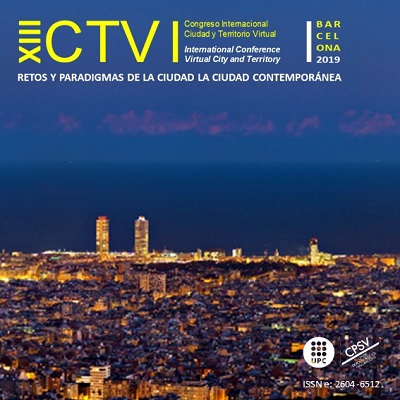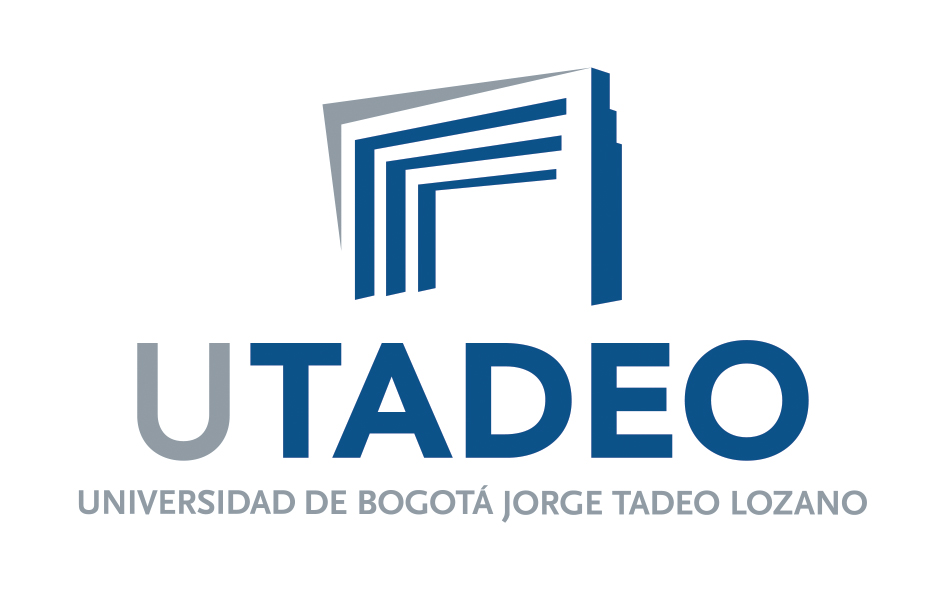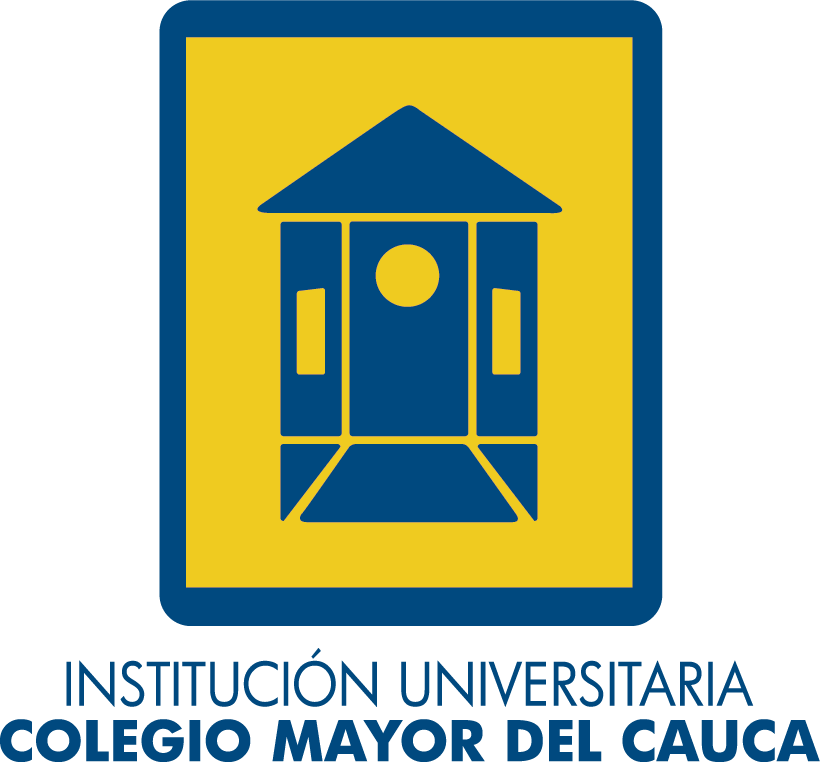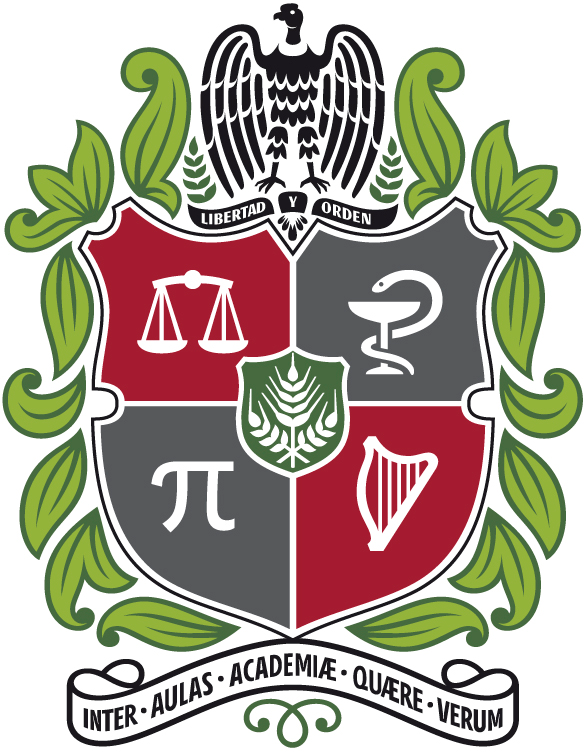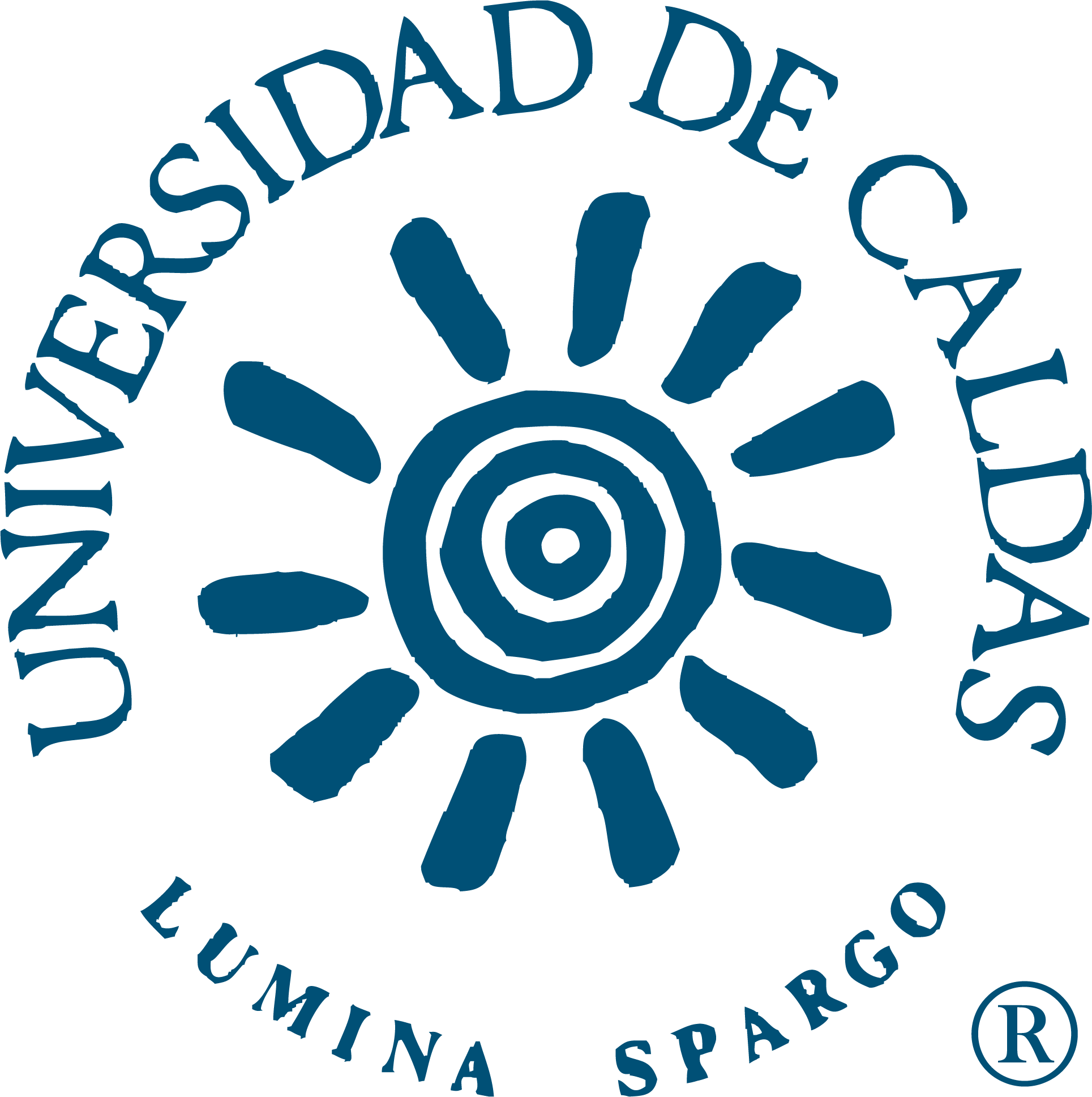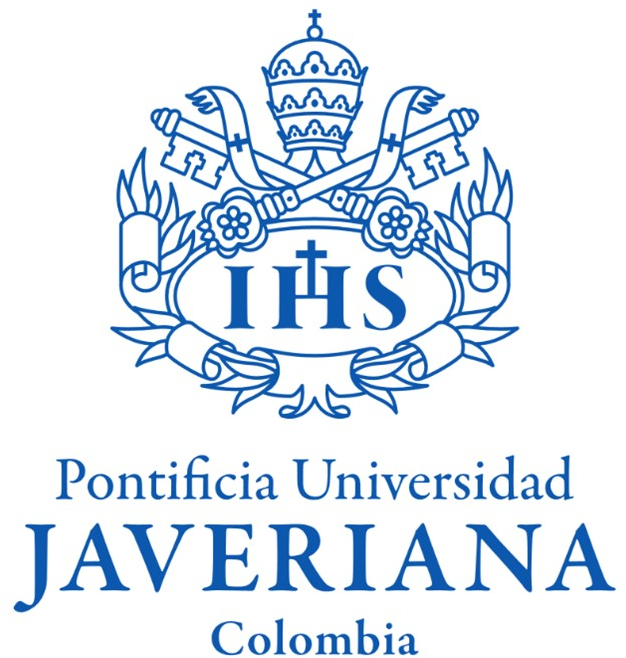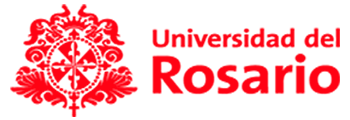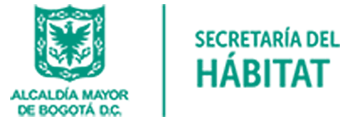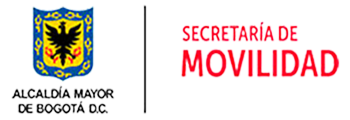Right to the city, urban extractivism, violence and resistance. The Olympic Village and Villa 20 in Commune 8 of Buenos Aires
DOI:
https://doi.org/10.5821/ctv.8618Keywords:
Urban Extractivism, Buenos Aires, Commune 8, housingAbstract
The concept of extractivism has a direct relationship with the Latin American productive development model. Mega-mining, agribusiness and oil exploitation through fraking are some relevant examples of this phenomenon, which has an urban correlate linked to the real estate business around land and housing. Taking this situation into account, we notice that the city of Buenos Aires of Argentina, capital of the country, currently has about 3 million inhabitants, of which 300,000 live in overcrowded conditions, and about 200,000 live in the city's slums. In this context, the Right to the City, understood as the possibility of accessing housing, decent work, health and education, is a structurally violated concept for an important sector of the population.
At the same time, the local government currently develops two urban projects that aim at large-scale housing construction. Both are located in the southern part of the city, called Commune 8. This commune, historically delayed and with high deficits in housing, is the scene of two developments: a) the construction of the Olympic Villa - 1000 homes for middle classes built in a "vacant" sector, on the occasion of the realization of the Youth Olympic Games in October 2018- ; b) the redevelopment of the Villa 20, which is a self-managed neighborhood with high rates of urban precariousness and building, in which about 30,000 people currently live and1600 new homes are being built.
Both projects have verifiable dynamics and display synergies with each other, which have become actions of social groups that seek to resist the violence that has arisen around the difficulty in accessing housing in a decent neighborhood.
The objective of this research focuses on the critical and comparative analysis of the basic conditions, the reflections regarding the pre-existing ones in each property and in the immediate environment, the strategies and criteria deployed in both urban projects; at the same time as the results obtained in terms of solutions to the problems of the habitat, to the spatial and urban qualities proposed and achieved, and to the management models selected in each case study.
These variables were studied in relation to the violence deployed around these phenomena, such as the consideration of housing as a good of exchange and not as a good of use, the limited scope and divergent approaches of public management regarding the concept of the city and the intervention in the urban plot, and the respective popular resistances, from the urbanism, and the spaces of the urban management and the civil society.
For this investigation, were considered as work input both news published in official media of the City Government as specialized newspaper articles, interviews with key informants, material resulting from the architectural competitions carried out within the framework of the definition of both cases, and urban planning regulations approved during the course of its realization.
As a preliminary result of this work, the dynamic and non-monolithic character of the state apparatus is verified, in which certain public policies that differ widely from the notion of the city they support are deployed in parallel, and which is verified in the analysis of public works built, its impacts at the social and urban level, and the proposed management models.


